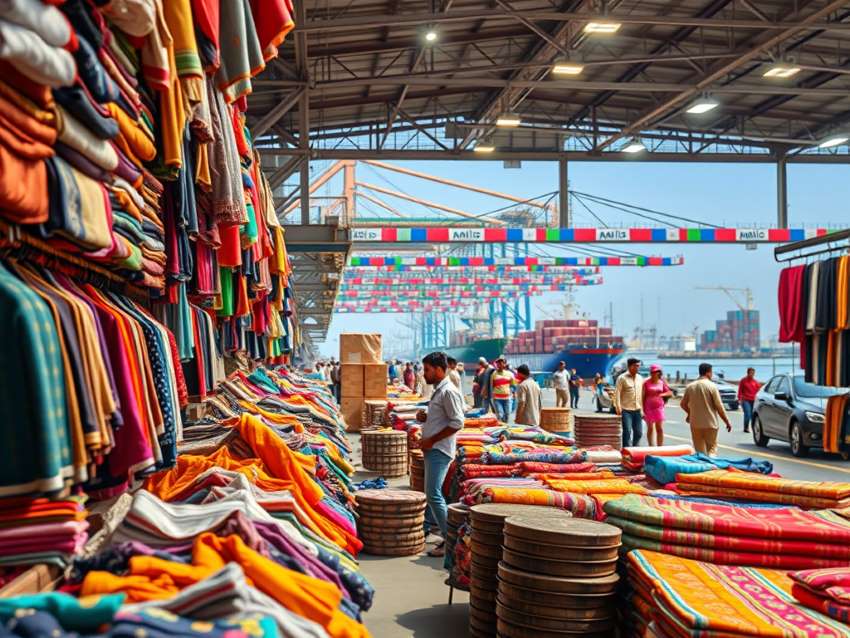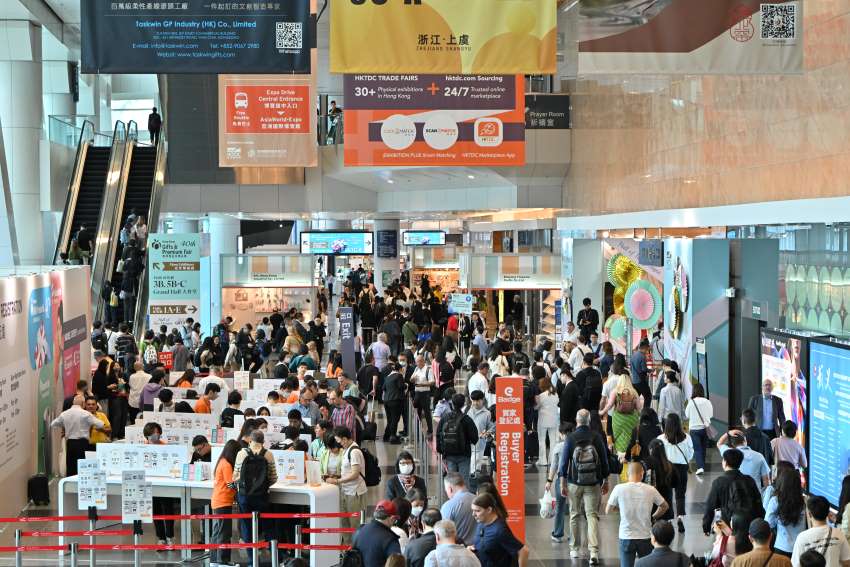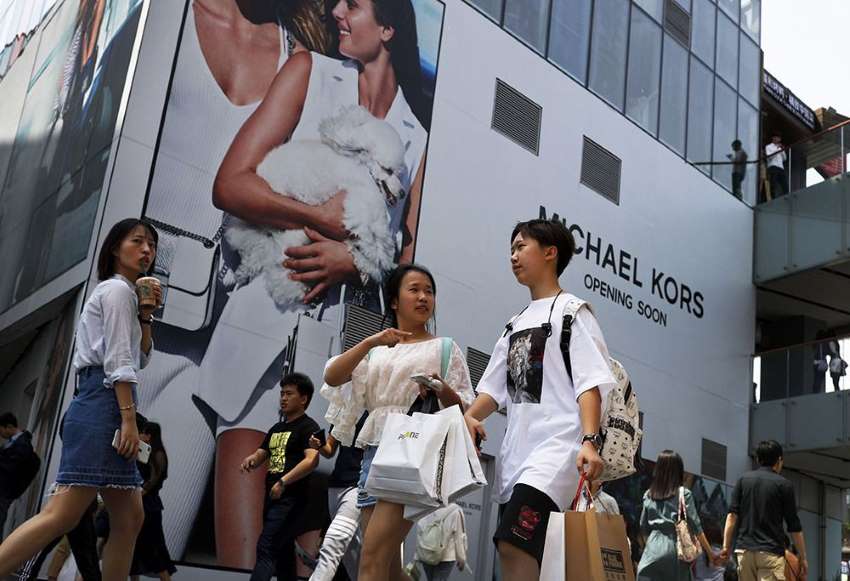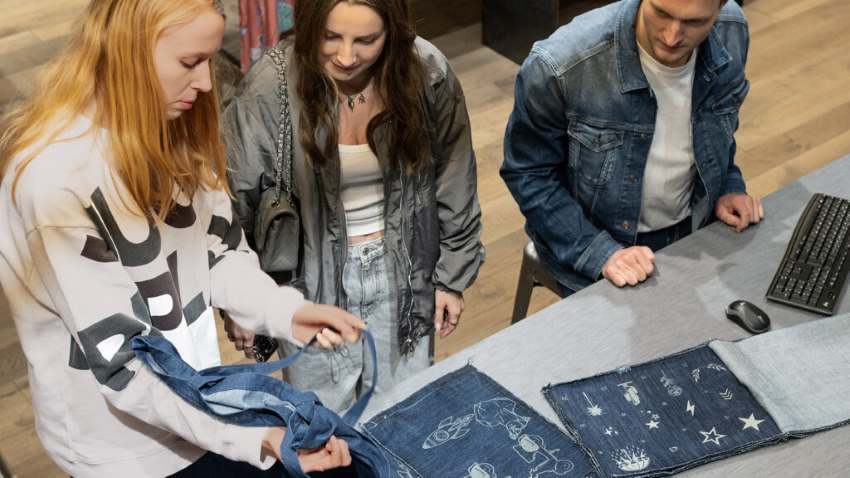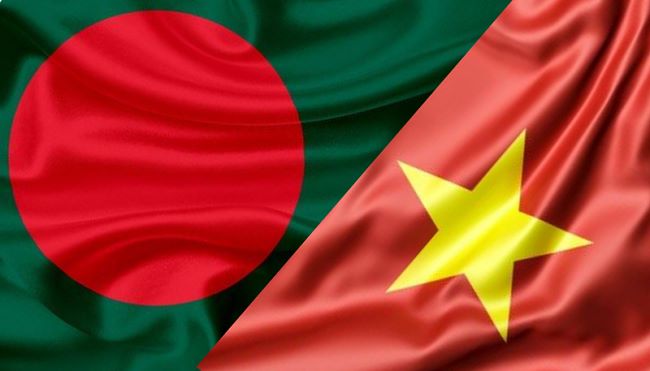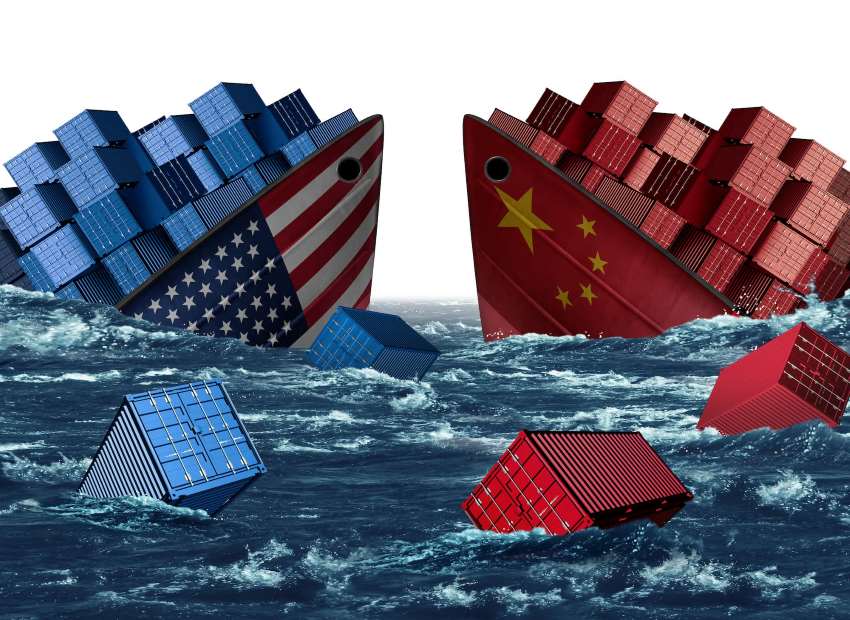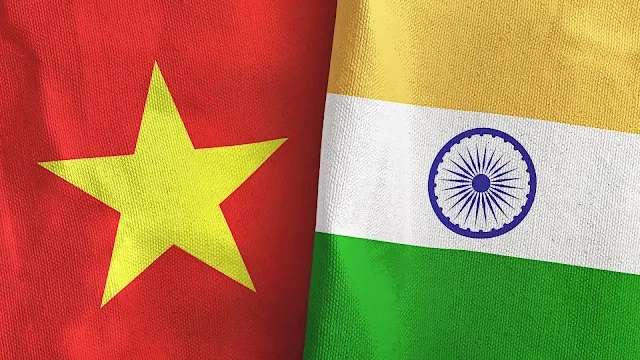FW
Chinese factory owners, driven by a strengthening currency and rising salaries at home, are relocating to secure more competitive margins. One of these destinations is Rwanda. While most Chinese companies are looking at opportunities close to home in Southeast Asia, more far-flung countries are also beginning to benefit. One of the attractions of African countries is their preferential trade agreements with the US and Europe, which mean that finished products, such as textiles, avoid import duties of up to 30 per cent.
Chinese businessmen believe the advantages of Rwanda’s business-savvy government, the country’s cheap, disciplined labor force and readymade garment factory space outweigh transport and other logistical challenges. And Rwanda, which runs a 17.2 per cent trade deficit, offers hefty tax concessions and other support in an effort to boost foreign currency earnings.
The Chinese, often blamed for destroying African industry by flooding the continent with cheap goods that undercut local markets, are now at the forefront of foreign manufacturers expanding their footprint across the continent. A Chinese garment company will equip Rwandan students with various textile skills. At least 600 students will be trained in embroidery before being taken on for work at the factory.
Action will be taken against factories in Bangladesh which fail to implement adequate fire and building safety measures. A number of readymade garment factories have still not met Accord and Alliance requirements. Accord on Fire and Building Safety in Bangladesh is a grouping of European retailers. Alliance for Bangladesh Workers Safety is a grouping of North American buyers. Accord is a platform of 150 EU retailers while Alliance comprises 26 retailers from North America.
Accord and Alliance conducted inspections in a number of factories and found some had kept fire exits locked during working hours, no clear escape gates, skipped appointment letters to workers and were not regular in salary payments etc. The country has a total of 3,460 clothing factories in operation now.
The industry is rife with horrifically unsafe conditions, corruption, shoddy oversight, low wages, and child labor. The sector’s safety regulations and protections for garment workers remain nowhere near sufficient.
Bangladesh rose to its position largely because of its lack of regulation and the low wages it pays its garment workers, most of whom are women. Bangladesh’s minimum wage for the sector is one of the world’s lowest. As fashion brands look to cut costs, and wages continue to rise in China, Bangladesh becomes an increasingly attractive place to make clothes on the cheap.
Bangladesh Cotton Association (BCA) and Indian Cotton Association (ICA) are jointly organising ‘Bangladesh India Cotton Fest 2016’ in Bangladesh for the first time. The event is highly valued and supported by the most influential trade bodies FBCCI and IBCCI.
Scheduled to be held during March 2016, Bangladesh India Cotton Fest is organized to promote and protect the interest of cotton agents, traders, growers etc. BCA is the national trade body of cotton spinners, cotton agents, cotton traders, cotton growers, cotton ginners and cotton controllers can be labeled as inspection companies, according to a report.
BCA is an affiliated member of the Federation of Bangladesh Chambers of Commerce and Industry (FBCCI) and an affiliated Association of the International Cotton Association (ICA) based in Liverpool, UK. Indian Cotton Association is a Public Company incorporated on 06 April 1965 involved in spinning, weaving and finishing of textiles.
The cotton fest is going to offer a platform where reciprocity is going to be held between buyers and sellers. Hence, the agents are going to get an opportunity to arrange meetings between their buyers and sellers, and help them to finish their business under a festive mode for this current season Indian cotton. It will also play the role of a ‘network’ channel for the buyers, sellers, agents and controllers. Mainly people will do their business with a festive mood.
The world’s largest and the most important conference on sustainable fashion Copenhagen Fashion Summit will take place on May 12, 2016, in Denmark. The first Copenhagen Fashion Summit was held in 2009. The summit has grown in size and importance. The global fashion industry recognises the conference as the key forum for discussing where the fashion industry is headed in an era facing enormous environmental, climate and social challenges.
The event is an opportunity to hear multiple insights about the concrete, measurable ways fashion is grappling with sustainability. International key players from the fashion industry, as well as experts, NGOs, opinion makers, media and politicians will take part in a discussion on the evolution of a successful fashion industry in a world where new business models are required to tackle the growing sustainability challenges facing the planet and our societies.
The event hopes to be a catalyst for change. Players will share their knowledge and ideas on new and sustainable solutions. The aim is to inspire, motivate and give tools to implement a sustainable mindset and create a bright future for the fashion industry. American fashion writer, editor and New York Times best-selling author Derek Blasberg will host the summit.
www.copenhagenfashionsummit.com/
Kazakhstan has ratified a free trade agreement between the Eurasian Economic Union’s member states and Vietnam. The agreement is intended to create favorable conditions for mutual trade and investment. It provides for duty-free trade regime between the EAEU countries and Vietnam. At the same time, a transitional period for cancelling import customs duties is set for some product types. Some sensitive products have been withdrawn from the free trade regime and duties will be imposed on them in accordance with the sides’ import tariffs.
The agreement gives the parties the right to use special protective, antidumping and countervailing measures in accordance with WTO rules. It also provides the use of a protective mechanism in the form of customs duty at the level of the EAEU common customs tariff, which will protect sensitive EAEU textile products and furniture if the limit of the annual volume of imports from Vietnam is exceeded.
The Eurasian Economic Union is an international organization for regional economic integration. It has international legal personality and is established by the Treaty on the Eurasian Economic Union. The EAEU provides for free movement of goods, services, capital and labor, pursues coordinated, harmonized and single policy in the sectors determined by the treaty and international agreements within the union.
Members of the Eurasian Economic Union are the Republic of Armenia, the Republic of Belarus, the Republic of Kazakhstan, the Kyrgyz Republic and the Russian Federation.
The Central Institute of Cotton Research (CICR) in Nagpur has introduced Bt genes into 21 cotton seed varieties, which scientists say can be provided to farmers at 10 per cent of the price of hybrid seeds. These also offer better pest resistance, they claim.
For the American agriculture behemoth Monsanto, this could turn out to be the biggest challenge yet in India. The Bt varieties are being provided this year to the state agricultural departments of Telangana and Maharashtra for multi-location testing to be carried out by the state agricultural universities.
The best Bt-varieties will be identified from the multi-location field trial results of 2016 and the seeds will be made available to farmers from 2017. According to K R Kranthi, Director of the Central Institute for Cotton Research (CICR), after the Ministry of Agriculture confirmed that there was no patent on genetically modified (GM) Bt Cotton (Bollgard-mon 531) brought by MonsantoBSE -0.60 per cent 14 years ago to India, CICR will now be introducing Bt genes to traditional Indian cotton varieties.
For the 2016 season, trials will be will be conducted by Dr Panjabrao Deshmukh Krishi Vidyapeeth, Akola; Maharashtra Krishi Vidyapeeth, Rahuri; Vasantrao Naik Marathwada Agricultural University, Parbhani; and Professor Jayashankar Telangana State Agricultural University, Telangana.
According to an official, the agriculture ministry is closely watching the progress of research by the universities on cotton seed with an aim to protect farmers' interest. The seeds of Bt varieties can be priced at Rs 150 to Rs 200 per kg and reused every year, compared with the Bt-cotton hybrid seeds, which cost Rs 2,000 a kg and can be used only once. Moreover, scientists say that unlike a majority of the Bt hybrids available in the market that are susceptible to sap-sucking insect pests and diseases, almost all the public sector non-Bt cotton varieties have a broad range of natural tolerance.
This season was all about fashion at Las Vegas. There were plenty of new brands, an evolution of trends and some dramatic shifts - especially in the streetwear market. UBM/Advanstar, owner of MAGIC Marketplace and Project, held its menswear shows from February 16 to 18 at the Mandalay Bay Convention Center.
Around 1,000 men’s brands were spread out over 300,000 sq. ft. of show floor at the Project. In the men’s market where fashion doesn’t change at a radical pace, designers stand out by staying focused - and stepping up their fashion game.
The show revealed that experiment with technical materials and adding a tailored fit to outerwear pieces can create an innovative look. While many tried and tested trends such as bomber jackets, denim, military themes and plaid continued, brands updated trends with their own twist. Casual continues to be an ongoing focus in the market. The Tents, which grew 15 percent this season, showcased many directional designer and advanced contemporary brands including Billy Reid, Vince, Drifter, Belstaff, Whyred, Aquascutum, Scotch & Soda, 3x1, Stitch’s, Jean Shop and J. Lindberg.
Modern Assembly, which includes Agenda, Liberty Fairs and Capsule continued at the Venetian’s Sands Expo Center from 15 to 17 February. Bottoms, especially denim, were a breakout category in Vegas. A key trend was high fashion inspired denim and bottoms with heavy washes, finishes and rips and finishes at an affordable price point.
In the absence of profits, several hundred spinning mills especially small and medium enterprises are finding it difficult to service their debts. They want a debt restructuring scheme in place. Large scale units have the facility of corporate debt restructuring. This gives financially stressed units breathing space once the lenders are convinced of their viability.
However, such a facility is not available for small and medium enterprises, and with the revised NPA (Non Performing Assets) norms, both banks and the spinning sector are facing huge problems.
India has to necessarily export at least 150 million kg of cotton yarn per month due to the continued fall in demand from China. Also, small enterprises say, they have to market the yarn in other countries for which the Merchandise Exports from India Scheme benefit is essential to meet the additional transport cost. Therefore, they want the three per cent export incentive given to other textile exports to be extended to cotton yarn. This, they say, will revive the export performance.
The debt restructuring scheme helps enterprises affected by certain internal and external factors and minimises the losses to creditors and other stakeholders through an orderly and coordinated restructuring program.
Esprit has reported a net loss for the six months ended in December compared with a profit a year earlier. Turnover too has also fallen. The clothing retailer has been hurt by a slowdown in China and a weak euro. Esprit has been in the midst of an ambitious revamp over the past year that has included store closures, price adjustments, new return policies, and technology and distribution improvements.
Looking ahead into the second half of financial year 2015-’16, the company remains confident of heading in the right direction and is laying the necessary foundation to restore competitiveness and long term growth. Turnover at Esprit’s largest market, Germany, grew 1.5 per cent year on year in local currency terms. Retail turnover grew 8.6 per cent, while wholesale turnover declined 9.6 per cent. Gross profit margin remained unchanged at 50.5 per cent. The weakness in the euro, if it persists, is expected to put some pressure on the group’s gross profit margin.
Esprit earns the bulk of its revenues in Europe. It feels the operating environment appears challenging amid volatile financial markets and economic uncertainty that might dampen consumer sentiment. Esprit is based in the US. It offers a large selection of high quality fashions for men, women and children as well as the latest fashion accessories and furnishings.
www.esprit.com/
Cambodia’s apparel and footwear exports in 2015 grew by 6.7 per cent. The country’s main client remains Europe, on the strength of the GSP tariff treatment. The US is the country’s second market. Export growth was investment-driven, with 78 new production facilities launched in the course of the year. Nevertheless, investment is expected to slowdown in 2016, with approval for 38 projects, as opposed to approval for 57 projects last year.
Cambodia’s textile and apparel industry generated more than seven lakh jobs in 1,200 workshops. The industry is the mainstay of Cambodia’s economy. This pushed the government to forestall potential strikes by passing a bill last autumn which bolstered trade union law. In October, trade unions and employer representatives settled on a minimum wage rise.
Cambodia’s garment sector contributes 80 per cent to the country’s total export revenue. Over the years, the industry has faced intense internal and external pressures, including the global economic crisis, increased competition, and a trend of young Cambodians choosing to work abroad over factory jobs.
To increase their share in global garment export market Cambodia’s factories must deepen their commitment to creating decent working conditions that give it competitive edge. Focusing on working conditions across the sector will be critical in helping the industry navigate new challenges and further leverage economic development.

